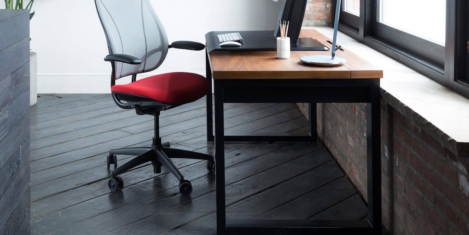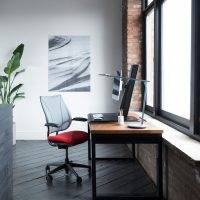January 11, 2018
Presenteeism problem within the workplace as two thirds report for work when ill
 Two-thirds (64 percent) of employees have gone to work despite being unwell over the last 12 months, claims a new survey which found that a quarter (26 percent) of people worried that their absence will be a burden on their team. The research by Bupa shows that more than one in four (27 percent) employees ignore their doctor’s orders to stay at home and ‘soldier on’. A third of employees would go to work despite back pain or issues related to their joints and, disturbingly, a similar number (29 percent) head to work when suffering from mental health issues such as depression. As two of the most common reasons to be signed off work, Bupa’s experts fear these employees risk worsening their health, increasing the likelihood that they’ll need a prolonged period of time off work further down the line. The findings come at a time when increasing productivity is a strategic goal for most business leaders in 2018. But high levels of ‘presenteeism’ are in fact associated with loss of productivity and reduced performance – as employees who push themselves into work when unwell, risk delaying their own recovery
Two-thirds (64 percent) of employees have gone to work despite being unwell over the last 12 months, claims a new survey which found that a quarter (26 percent) of people worried that their absence will be a burden on their team. The research by Bupa shows that more than one in four (27 percent) employees ignore their doctor’s orders to stay at home and ‘soldier on’. A third of employees would go to work despite back pain or issues related to their joints and, disturbingly, a similar number (29 percent) head to work when suffering from mental health issues such as depression. As two of the most common reasons to be signed off work, Bupa’s experts fear these employees risk worsening their health, increasing the likelihood that they’ll need a prolonged period of time off work further down the line. The findings come at a time when increasing productivity is a strategic goal for most business leaders in 2018. But high levels of ‘presenteeism’ are in fact associated with loss of productivity and reduced performance – as employees who push themselves into work when unwell, risk delaying their own recovery


















December 19, 2017
We need to have an honest conversation about presenteeism
by Steve Brewer • Comment, Flexible working, Workplace design
We have talked before about the risks of over thinking problems. It is not just something that consultants, designers and the workplace intelligentsia are guilty of – everyone does it. It is why we do not switch off when we are ill and still insist on going to work. We over think the consequences of not being in our workplace. Likewise, many traditional line managers simply cannot get their head around their teams working from home. After all, modern management mantras all talk about creating a great atmosphere in which teams all work together – in the same space at the same time? We all tend to over complicate most things and that is one of the main reasons in the UK we struggle with the concept of working from home. A consequence of this is the rise in presenteeism, which is mainly linked to illness, people ignoring how bad they feel and because of a perceived pressure, still turning up for work.
(more…)